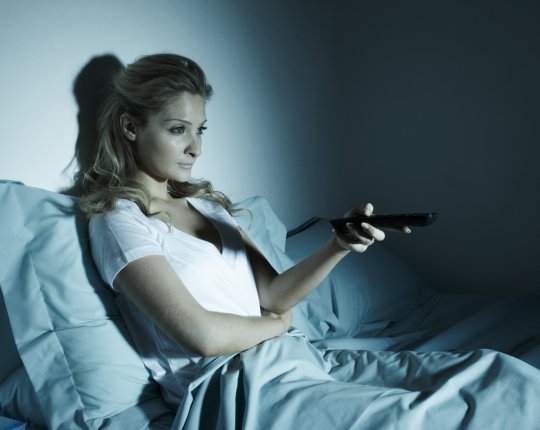Game of Thrones returns later this year for its very last season and will no doubt set records for the amount of illegal streaming in the process.
The epic from HBO is routinely among the most-pirated show on television and the American TV network is heavily involved in trying to clamp down on illegal sharing of its content.
But some new research from a US university has suggested that a little bit of piracy may actually be beneficial.
‘When information goods are sold to consumers via a retailer, in certain situations, a moderate level of piracy seems to have a surprisingly positive impact on the profits of the manufacturer and the retailer while, at the same time, enhancing consumer welfare,’ wrote Antino Kim, an assistant professor of operations and decision technologies at Indiana University’s Kelley School of Business.
‘Such a win-win-win situation is not only good for the supply chain but is also beneficial for the overall economy.’
Right, lets dissect.
Kim suggests that piracy creates what they call ‘shadow’ competition in the supply chain. In the case of GoT, it means that HBO (the manufacturer) benefits because piracy stops Sky (the distributor) marking up the product. It similarly stops HBO from upping the cost because it knows that Sky has to deal with competition – a benefit for Sky.
So what happens is the product gets as close to its ‘optimal retail price’ as possible because the naughty internet types are imposing a sort of artificial balance on both manufacturer and distributor.
‘Our results do not imply that the legal channel should, all of a sudden, start actively encouraging piracy,’ Kim and his co-authors wrote in the study, which has been published in the latest issue of the journal MIS Quarterly.
‘The implication is simply that, situated in a real-world context, our manufacturer and retailer should recognize that a certain level of piracy or its threat might actually be beneficial and should, therefore, exercise some moderation in their anti-piracy efforts.’
‘This could manifest itself in them tolerating piracy to a certain level, perhaps by turning a blind eye to it,’ they add.
We’re not sure that the massive companies – or the regulators – are going to see things the same way.
‘TV boxes and sticks that allow consumers to illegally stream TV, films and sport not only have a huge effect on the content owners and broadcasters but the thousands of people working tirelessly behind the scenes to put this content on our screens,’ Kieron Sharp, the chief executive of FACT, told Metro.co.uk in October last year.
‘Given the scale of the impact on the creative industries it’s clear more needs to be done to tackle this issue. The government has correctly identified that additional efforts are required to limit the spread of illegal streaming from other sources such as smart TVs and social media apps.’
Metro has reached out to HBO for a comment and will update this article when we hear back.



















![[Book Review] The Blade Itself (The First Law Trilogy) by Joe Abercrombie](https://bendthekneegot.com/wp-content/uploads/2018/01/1516047103_maxresdefault-218x150.jpg)




















